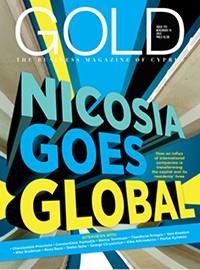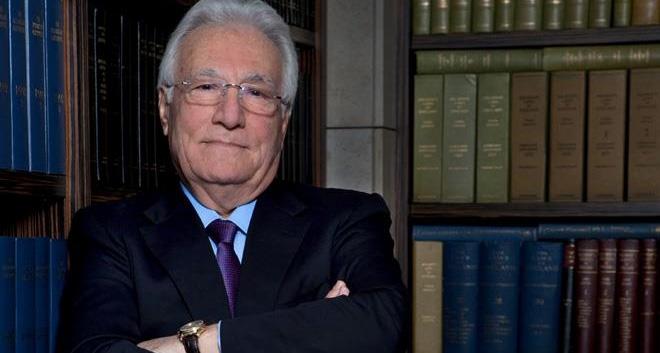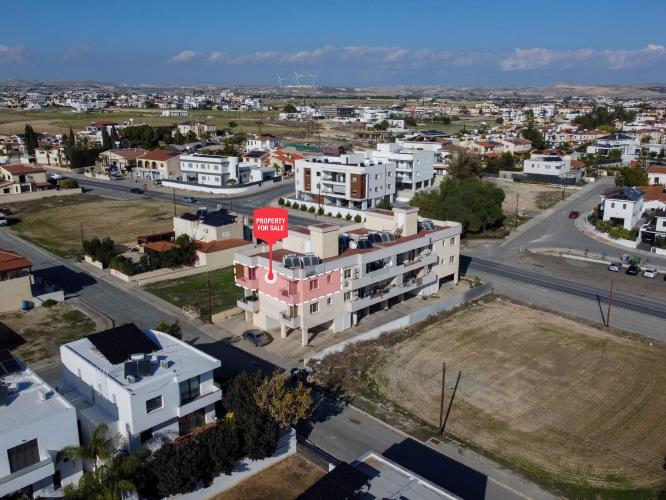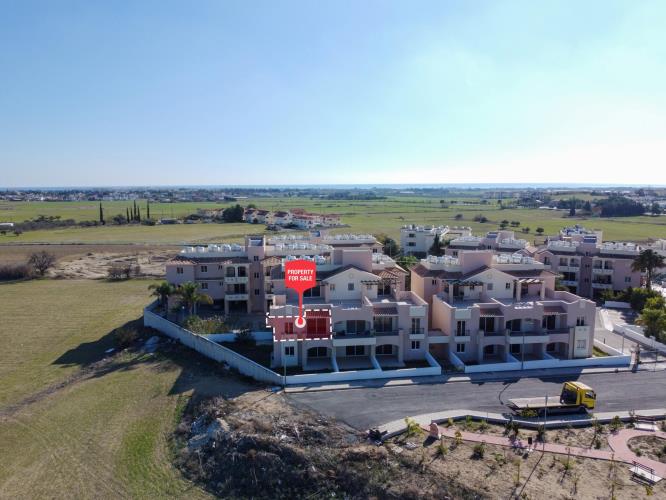A recent report in The Economist magazine highlights the arbitrary nature and inconsistency of international tax blacklists. It takes the list of 30 so-called “non-co-operative” jurisdictions issued by the European Commission in June this year and points out the errors on which it is based and the inconsistent standards used by different countries within the EU to define such jurisdictions.
This, however, is only the tip of the iceberg. What the article hints at, but does not explore in detail, is the role that politics plays in assessing compliance with international standards, and the lack of transparency and objectivity involved in the process. By way of example it points to Panama’s success in being excluded from a money-laundering blacklist by threatening to withdraw lucrative engineering contracts for work on the Panama Canal from the major economic powers.
The EU list quickly achieved the distinction of being condemned not only by the jurisdictions concerned but also by other bodies with supposedly the same objectives, including the Tax Justice Network, a campaign group, and the Organisation for Economic Co-operation and Development (OECD).
The head of research at Tax Justice Network pointed out the lack of objectivity in categorising countries as “tax havens” or “non-co-operative”, and criticised blacklists on the grounds that they are politicised and tend to focus on small jurisdictions, rather than on the large countries that are the real problem.
Soon after the list was announced, the Secretary General of the OECD wrote to the European Commission detailing the Organisation’s complaints and criticisms. The letter was published on the OECD website but unaccountably, and without any explanation, it was removed from the website and replaced by a watered-down version signed by two minor officials.
This revisionist approach to history is eloquent testimony to the lack of transparency inherent in international bodies such as the OECD. It does not take a conspiracy theorist to wonder why the OECD, which is dominated by the major Western economies, has never raised its voice against commercial and tax practices in the USA and the United Kingdom when it is quick to criticise them in smaller, less powerful countries.
The Economist drew attention to some of these in a 2013 report.The American state of Delaware meets all the tests of a tax haven. There is no taxation for “offshore” limited liability companies and it provides privacy for the beneficial owners of entities. More than a million companies are incorporated there and one building alone is the registered office of more than 285,000 different businesses. The United Kingdom Financial Services Authority has acknowledged that the British banking system is used for money laundering, and the UK’s non-domiciled tax regime offers immense tax advantages to wealthy individuals. Ireland, the Netherlands and Luxembourg are well-known venues for what most people would regard as highly artificial tax schemes that would most likely be struck down elsewhere.As The Economist points out, these double standards, far from being accidental, may well be a deliberate ploy designed to keep smaller countries in their place.
While it is gratifying that Cyprus is not included on the EU list, we should take no pleasure at the discomfiture of our competitors that are included. Such lists are, at best, highly arbitrary and inconsistent and they may well be the product of a cynical hypocrisy on the part of those who compile them, who share the view of Thrasymachus that “the just is nothing other than the advantage of the stronger.”
















